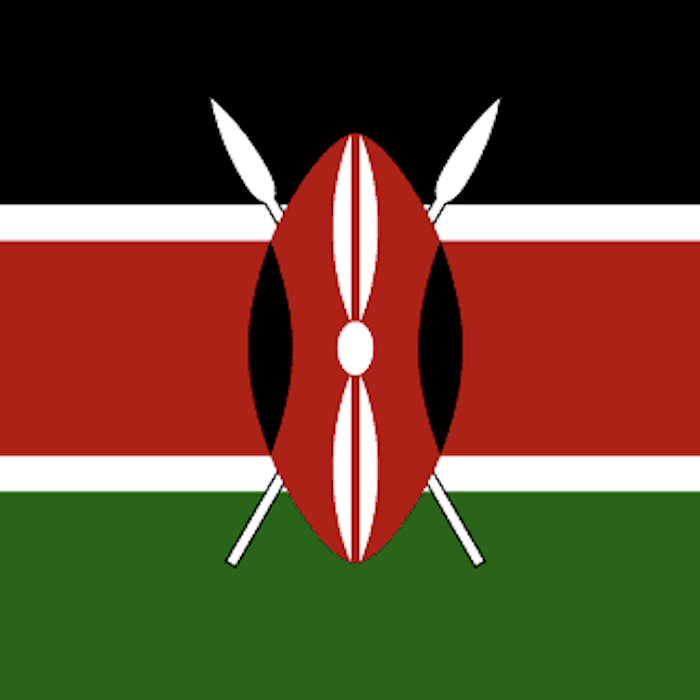Kenya's Economic Crossroads: IMF Endorsement Amidst Domestic Discontent


Quidah is an online platform that connects investors with curated opportunities and expert insights on Africa’s emerging markets, while offering businesses promotional services, partnership facilitation, and market intelligence to attract capital and grow their operations.
Industries
Kenya's economic ascent is underscored by its strategic international partnerships and commitment to structural reforms, placing the country on a firm trajectory toward sustainable development. With significant investments in infrastructure, a focus on industrialization, and a growing financial sector, Kenya is cultivating a robust environment for investors and businesses alike. These proactive measures not only bolster economic growth but also enhance the country’s global competitiveness, reinforcing its role as a key player in regional development.
Despite persistent challenges—particularly around governance and public sentiment—Kenya continues to demonstrate economic resilience. The International Monetary Fund (IMF) projects that by 2025, Kenya’s gross domestic product will reach $132 billion, positioning it to surpass Ethiopia as East Africa’s largest economy. This projected milestone reflects Kenya's strategic positioning and the effectiveness of its reform agenda. Moving forward, the government's ability to balance its economic ambitions with the social needs of its population will be critical to maintaining this upward momentum and achieving long-term success.
Economic Growth and International Partnerships
The IMF's endorsement of Kenya's economic trajectory highlights its above-average regional growth, decelerating inflation, and improved external inflows. In October 2024, the IMF approved the seventh and eighth reviews of Kenya's economic program, unlocking access to a $606 million loan, despite recent disruptions due to protests over a proposed finance bill.
Simultaneously, Kenya's engagement with international partners has been pivotal. The ratification of an Economic Partnership Agreement (EPA) with the European Union (EU) is expected to double EU-Kenya trade, which stood at €1.4 billion in exports and €2 billion in imports in 2023. However, the EPA has faced criticism for potentially reinforcing raw commodity export patterns and limiting the country's ability to use tariffs and subsidies strategically.

Challenges Ahead
Despite these advancements, Kenya faces significant challenges. The IMF has emphasized the need for improved governance and transparency, noting the delicate balance between boosting domestic revenues and meeting heavy debt service obligations. Public sentiment has also been a concern, with mass protests erupting over austerity measures linked to IMF-backed reforms, leading to the withdrawal of a finance bill aimed at raising over $2 billion in taxes.
Strategic Investment Opportunities in Kenya’s Evolving Economy
Kenya presents a dynamic environment for investors, with infrastructure development taking center stage. The government’s commitment is evident in its plan to issue Africa’s first sustainability-linked bond by November 2025, targeting $500 million. This initiative is designed to not only bolster the national budget but also align with environmental and social goals, particularly in renewable energy and sustainable urban development. Such moves create opportunities for impact investors and those focusing on ESG-compliant ventures to participate in Kenya’s infrastructure transformation.
The manufacturing sector is also poised for growth, currently contributing 14% to the country’s GDP. Kenya’s government is actively promoting industrialization by offering favorable tax incentives, such as exemptions on capital equipment and raw materials, to encourage investment in areas like agro-processing, textiles, and pharmaceuticals. With improving infrastructure and access to regional markets via the African Continental Free Trade Area (AfCFTA), Kenya is positioning itself as a manufacturing and export hub for East Africa.
In addition, the financial services and tourism sectors provide compelling investment prospects. Kenya is East Africa’s financial capital, with a mature banking system, an active stock exchange, and a thriving fintech ecosystem. Meanwhile, the tourism industry has shown strong recovery and growth, contributing around KES 1.15 trillion in 2024—about 7.4% of GDP. With the country’s rich natural attractions and renewed focus on tourism diversification and infrastructure, both sectors are set to drive economic momentum and attract sustained investor interest.


